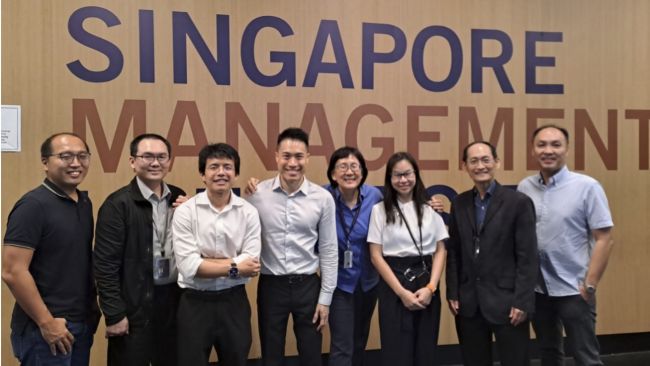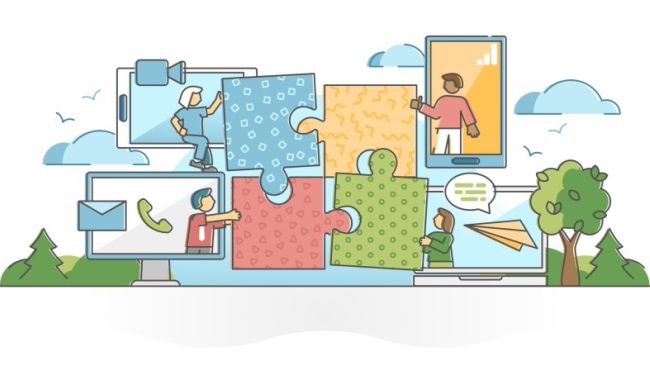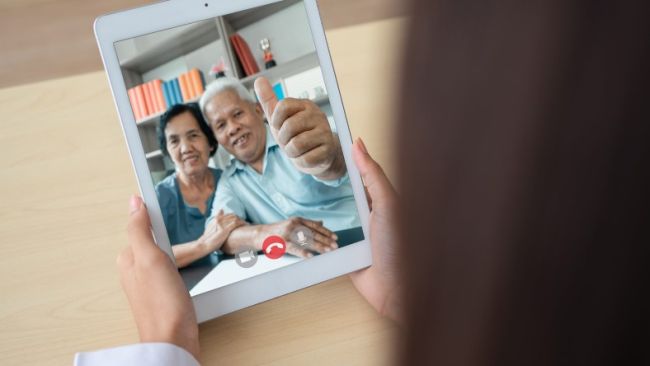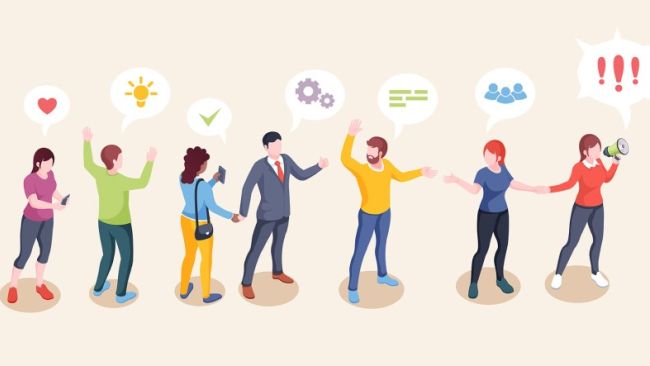
SMU’s Co-Curricular Transcript wins Gold at QS Reimagine Education Awards 2025
Published onSMU’s Co-Curricular Transcript won Gold at QS Reimagine Education Awards 2025, setting a new standard for graduate employability and holistic development. Discover how CCT empowers students.

It has been over three years since the #MeToo movement first gathered steam and threw a spotlight on gender inequality in the workplace. The rise of the pandemic, however, has impacted the momentum of the movement: This year, a report of Women in Work by PwC revealed that women’s job losses during Covid-19 outpaced that of men’s, and women also experienced a disproportionate burden of unpaid care work during the global crisis.

As any avid Facebook user might be aware, vlogger Nas Daily has recently been accused of being disrespectful of Filipino culture. He was alleged to have scammed a revered Filipino tattooist into conducting an online course featured on his website, and of being impudent during interactions with another Filipino social entrepreneur.

Going global is often part of a burgeoning business’ roadmap for scaling up. But while international expansion into new markets can deliver exponential returns, it could also unleash a plethora of complex new challenges – a scenario that is all the more heightened in the cutthroat realm of real estate.

From online marketplace behemoths like Amazon, Taobao, Shopee and Lazada, to digitally native, direct-to-consumer brands, e-commerce is a thriving, rapidly burgeoning sector. The exponential growth of online retail has been further fuelled by the pandemic: According to findings from the IBM US Retail Index, Covid-19 has accelerated the move from physical stores to online platforms by about five years.

Sustainable, responsible, and impact (SRI) investing is on the rise. But with SRI investing called out as “marketing hype” by sceptics like Mr Tariq Fancy, the former chief investment officer for sustainable investing at BlackRock Inc, the importance of measuring and assessing environmental, social, and governance (ESG) impact on investment is more pertinent now than ever before.

Covid-19 has touched multiple aspects of daily living and interactions. How can design research, design thinking, and user design help us navigate the many unprecedented challenges we’re faced with in this new normal? Co-organised by the Singapore Chinese Cultural Centre and the SMU Institute of Innovation & Entrepreneurship, The Singapore Creator Awards 2021 webinar — Decoding User Designs in the New Normal, explored these issues, and more, earlier this year.

Wander through a housing estate in Singapore, even in the midst of pandemic restriction measures, and chances are you would find groups of elderly residents mingling at void decks, pavilions, gardens and playgrounds. Loneliness is a feeling experienced by millions across the globe during lockdowns and social distancing initiatives.

The stats on plastic waste is nothing short of staggering: In Singapore alone, about 900 million kilogrammes of plastic waste is discarded every year, with just four per cent of it recycled.

The Covid-19 pandemic has devastated countries and individuals around the world. Lives were lost, plans were put on hold, milestones were celebrated in isolation, and a shared sense of loneliness and despair has rippled across the globe. But, as much as we have taken to social media to lament our circumstances — and share our Circuit Breaker baking accomplishments, we have most certainly not suffered equally as a community.

Influencer marketing has been a leading marketing method of choice for consumer brands in recent years. But has the strategy reached its peak?
